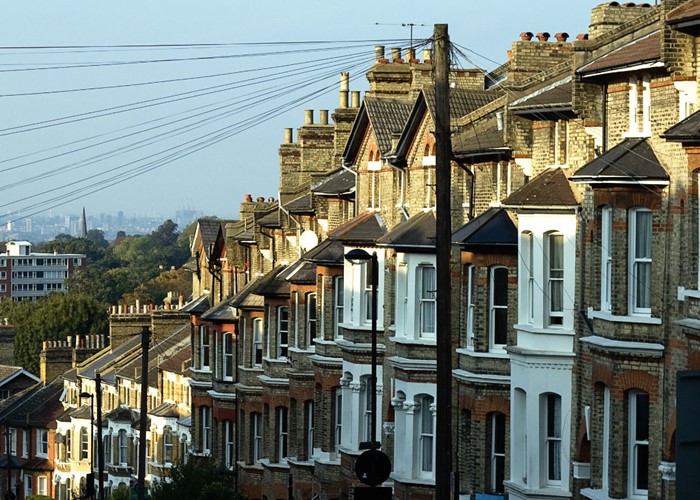Deposit security: how safe is your deposit?

What is a deposit protection scheme? And does it mean your deposit truly is safe?
The introduction of deposit protection schemes was aimed at cutting down on the number of disputes between landlords and tenants at the end of a tenancy, but confusion about how the schemes work mean deposits are still a source of friction in the private rented sector.
Compulsory deposit protection schemes were introduced in 2007 to offer an arbitration process to landlords and tenants disputing the return of a deposit at the end of a tenancy. The rules governing them were strengthened in 2011.
However, a report from housing charity Shelter last week revealed that many tenants are still unaware that their landlord needs to protect their deposit in a legally recognised scheme.
So, what do you need to know about the deposit protection scheme? Obviously, this depends on whether you’re a landlord or a tenant – both are explained here.
Background to deposit protection
Landlords typically ask for a month’s deposit from tenants to pay for any damage to the property at the end of the tenancy, or any unpaid rent. Historically tenants have reported that landlords have unfairly withheld deposits at the end of a tenancy with tenants being able to do little to recover the money.
This led to the Government introducing the deposit protection scheme in 2011. Under the scheme landlords signing tenants to an Assured Shorthold Tenancy (AST) that began after 7th April 2007 must protect the deposit in a Government-backed scheme.
The deposit is regarded as the tenant’s money. This means that it should be returned to the tenant at the end of the tenancy if they have honoured the terms of the tenancy agreement.
There are three schemes to choose from: The Deposit Protection Service (DPS), My Deposits and The Disputes Service (TDS).
The DPS is a custodial scheme which means that the DPS holds the deposit throughout the tenancy agreement. TDS and My Deposits are insurance-backed schemes, where the landlord holds the deposit but pays into an insurance scheme to protect it.
However, the ways each service deals with a dispute are fairly similar.
What landlords need to know
If a landlord takes a deposit from a tenant, they need to protect it in one of the three schemes within 30 days They can choose which scheme to use.
The landlord (or their letting agent) must then provide the tenant with details of the scheme used within the same 30-day period and a copy of the deposit protection certificate.
Even if the landlord uses a letting agent to manage their property, protecting the deposit is still their responsibility.
Failure to protect the deposit or protecting it late can lead to a heavy fine. Changes to the law in April 2012 allow courts to order landlords who fail to stick to the rules to pay compensation to tenants. This can be up to three times the deposit amount.
What tenants need to know
If you’ve handed over a deposit to your landlord, they should write to you within 30 days to let you know how the money is protected.
If you don’t receive this information within 30 days, you should write to your landlord and ask him or her to protect the deposit. If they fail to do so you could be eligible for compensation. However, taking action at this stage is risky.
If you’re otherwise happy in the property it could be unwise to take your landlord to court over an unprotected deposit.
The court may simply order the landlord to protect the deposit or it may order them to pay compensation for not doing so. Either way, it may prompt the landlord to evict you at the earliest opportunity.
A better plan of action might be to wait until the tenancy ends and then take action if you don’t get your deposit back. If at this stage it’s still not protected, you could proceed to court action.
Returning the deposit
At the end of the tenancy the landlord and tenant should agree on the return of the deposit and whether there should be any deductions. If they disagree, the tenant is entitled to raise a dispute with the relevant tenancy deposit protection scheme.
There is a legal process (called single claim) to be followed if the deposit is protected in the event that either party refuses to engage in the deposit return process.
If the deposit hasn’t been protected, now’s the time to get heavy with your landlord and pursue them for compensation. You’ll need to go to court to do this.
More on renting:
Tenants: Know your rights
Ask these questions before you rent
Buying is cheaper than renting
Tenants: how to get your deposit back
Comments
Be the first to comment
Do you want to comment on this article? You need to be signed in for this feature